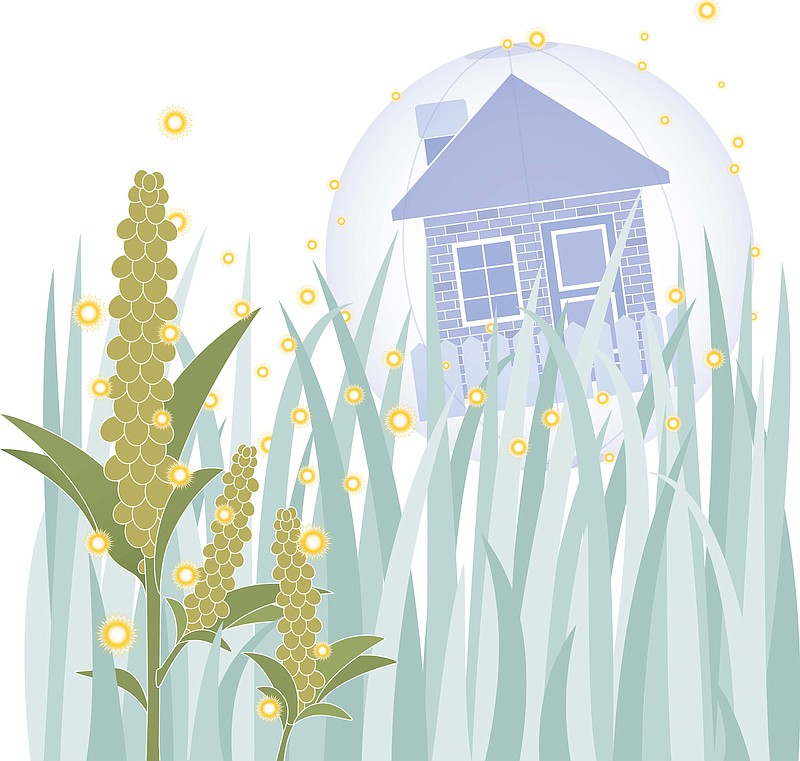Several groups and local entities soon may partner to fix homes for some families with children who suffer from respiratory problems.
If implemented, the program could lead to millions of dollars in savings for the entities and provide families with safer, more efficient homes.
"The big idea ... is that we are looking at a way to use potential savings in health care expenses to pay for improvements to people's homes," green|spaces Executive Director Michael Walton said. "When people have done energy efficiency improvements, they have found that there are tangential health benefits from those projects."
The Maryland-based Green & Healthy Homes Initiative is partnering with local nonprofit green|spaces, Erlanger and EPB to study whether the program should be implemented in the area. Green|spaces received a grant for a feasibility study.
Allergies are the sixth leading cause of chronic illness in the U.S. at an annual cost of $18 billion, according to the University of Tennessee Institute of Agriculture, and one of the biggest health issues in Tennessee and Hamilton County, Walton said. Asthma is particularly a concern in children and is the leading cause of their hospitalization, according to Erlanger Children's Hospital CEO Don Mueller.
"Air quality becomes an issue, and many times there are environmental triggers inside the home that can be cleaned up," Mueller said.
The study will determine if there is a big enough population that can be helped by the program. It will also start to identify families who most need the help. To do that, part of the study will involve finding which pediatricians treat a disproportionate amount of children with asthma and asking for their help.
"The best health care scenario for a child is that child being cared for by a pediatrician who knows them," Mueller said.
The program will target families with big health expenditures and low incomes. Studies show lower-income households are more likely to live in dilapidated housing, which is associated with lead and asthma triggers such as mold, moisture and dust mites.
"These are families who can least afford these expenditures," Walton said.
Last year, Memphis became the first city in Tennessee to take part in the initiative. The city found 990 homes could use the improvements, leading to a net savings of $2.4 million in health costs.
The local study will help identify if renovations would mean similar savings in Chattanooga.
"Right now we're just getting the ball rolling and getting that list going," green|spaces director of development Dawn Hjelseth said.
Contact staff writer Mark Pace at mpace@timesfreepress.com or 423-757-6361. Follow him on Twitter @themarkpace and on Facebook @ChattanoogaOutdoors.
